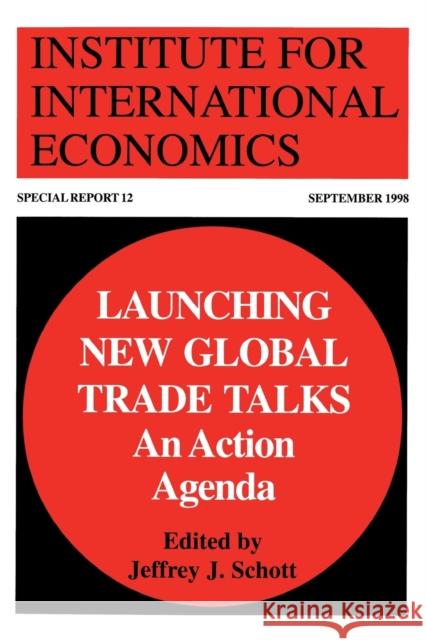Launching New Global Trade Talks: An Action Agenda » książka
Launching New Global Trade Talks: An Action Agenda
ISBN-13: 9780881322668 / Angielski / Miękka / 1998 / 240 str.
The end of the 20th century will mark the beginning of a new era for the world trading system. More than 130 member countries of the World Trade Organization (WTO) will begin negotiations in 1999 on a broad range of subjects, including agriculture, services, intellectual property, and trade and the environment. The authors in this volume analyze the key issues that should be on the agenda of new WTO negotiations to meet the challenges generated by the Asian financial crisis, concerns about the impact of globalization on firms and workers, and the proliferation of regional trading pacts. They present a compelling case for comprehensive trade talks that include new issues such as investment and competition policy, in addition to subjects already part of the WTO's built-in agenda.
The overview chapter by Jeffrey J. Schott examines the work of the WTO since its establishment in January 1995 (including its dispute settlement mechanism) and the key challenges facing new trade talks. In addition, Schott proposes a new negotiating strategy to produce concrete results without the lengthy delays of past trade talks. He recommends that governments commit to continuous negotiations in Geneva and use the regularly scheduled meetings of trade ministers to conclude a balanced "round-up" of agreements every two years. An appendix contains statements made by WTO Director General Renato Ruggiero and US Trade Representative Charlene Barshefsky on the importance of WTO negotiations and the key US objectives in pursuing those talks.










